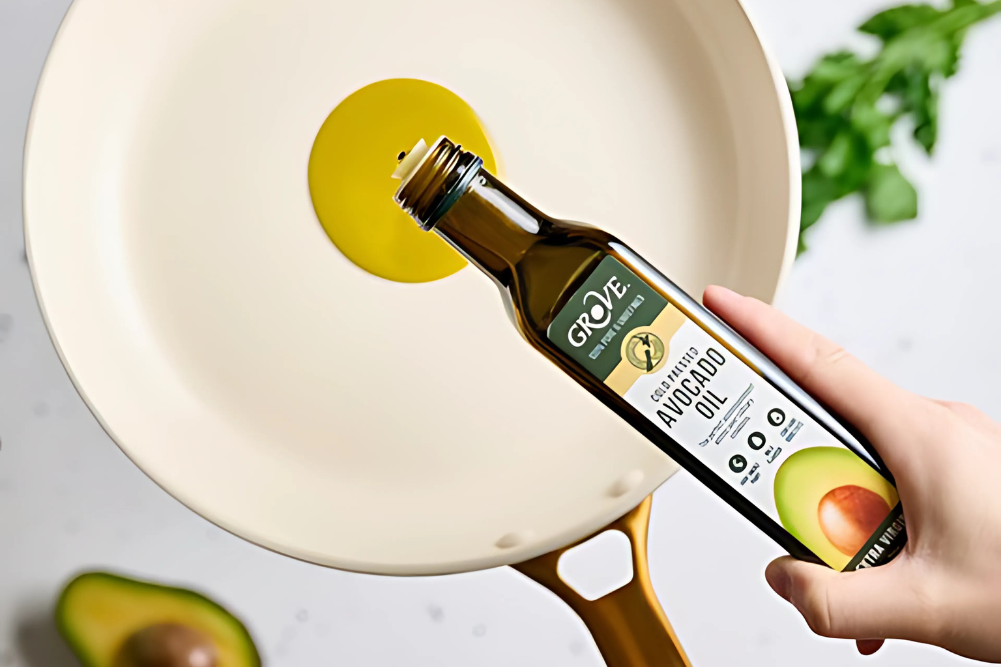The Medical Wonders of Black Cumin
Nigella sativa is a powerful medicinal plant that is native to Bulgaria and Romania in Eastern Europe and Cyprus, Turkey, Iran and Iraq in Western Asia. The name refers to the Latin niger, meaning black from the seed colour, and it has been called by many names such as black cumin, black caraway, nigella, Roman coriander, black seed and fennel flower among others.
The plant itself is an annual flowering plant growing to 30cm, with finely divided leaves and blue or white delicate flowers. The earliest records of nigella cultivation date back three millennia, where the seeds have been found in various sites in ancient Egypt, including in Tutankhamun’s tomb and a Hittite flask in ancient Turkey. The Persian physician Avicenna prescribed nigella seeds to treat digestive and respiratory symptoms in his ancient text The Canon of Medicine. Nigella seeds have been a major remedy in many ancient systems of medicine including Ayurveda, Persian, Unani, Chinese and Arabic medicines.
Active ingredients
Thirty to 40 per cent of the seeds comprise an essential oil containing linoleic, oleic and palmitic acids and anethole, along with aromatics such as thymoquinone (a major therapeutic ingredient), carvacrol, thujene, thymol and pinene. Proteins and alkaloids are also present in the seeds.
Therapeutic uses
Overall, the seeds are a potent medicine with anti-inflammatory, antioxidant, analgesic, antipyretic, antimicrobial, antiviral, antiparasitic, hypoglycaemic and antineoplastic properties. The seed oil decreases blood pressure and increases respiration.
Cardiovascular
In a randomised double-blind placebo-controlled trial in 70 healthy volunteers with mild to moderate hypertension, nigella seed was effective in lowering both systolic and diastolic blood
pressure over eight weeks, and no adverse effects were reported. A second trial was also completed on patients
with mild hypertension, and this group showed similar reduction in blood pressure, with the added benefit of
a lowering of total cholesterol and LDL cholesterol with no complications.
Endocrine
Nigella sativa is significantly associated with a decrease in triglycerides, total cholesterol, LDL cholesterols and an increase in HDL cholesterols in type-2 diabetic patients, reducing C-reactive protein and lipid peroxidation and improving glucose control, thus improving symptoms of diabetes, metabolic syndrome and further cardiovascular risk factors.
Antiviral
Nigella sativa has major antimicrobial, antifungal and antiviral effects. Research on patients with hepatitis C has shown that nigella seed reduced the viral load, improved clinical symptoms, reduced liver enzymes, especially ALT (alanine transaminase), and improved glycaemic control. With its traditional use of treating respiratory infections, research has been done on the latest COVID-19 virus with positive outcomes. A randomised controlled clinical trial was conducted on 173 patients with COVID-19 in Saudi Arabia, showing that when given nigella the percentage of recovered patients was significantly higher, and the speed of recovery was faster in those treated than in the control group.
Respiratory
A cohort of 29 asthmatic adults was studied for three months when given the boiled extract of nigella seed. All asthma symptoms, wheezing, pulmonary function tests and use of medication significantly decreased over three months compared to a placebo group, suggesting a positive prophylactic effect.
Digestive system
Nigella seeds have been shown to have a protective effect against gastric mucosal injury, reducing the chance of ulceration and repairing gut lining. It increased mucous secretion, decreased the inflammatory mast cells, decreased gastric erosion and reduced histamine — better than medical treatments. The oil also increased the antioxidants SOD (superoxide dismutase) and glutathione.
Immune system and anti-inflammatory
Research has shown nigella seeds have powerful anti-inflammatory and antioxidant effects, suppressing the inflammatory prostaglandin and leukotriene (both COX-1 and COX-2) pathways, reducing in inflammatory models a wide range of inflammatory symptoms such as encephalomyelitis, colitis, peritonitis, oedema and arthritis among others. The inhibition of inflammation is comparable to the NSAID drug indomethacin. The seeds also increased T-cell and natural killer cell activity, improving immune responses.
Experimental evidence has shown the broad-ranging effectiveness of nigella seed oil in the regulation of a range of immune reactions, improving infectious and non-infectious conditions, a wide range of allergies, autoimmune diseases and cancer.
Anticancer
Nigella is known for its potent anticancer actions as its antioxidant and anti-inflammatory activity inhibits cell proliferation and triggers apoptosis in a variety of cancers including prostate, kidney, breast, liver, ovarian, gastric and lung among others.
Nigella protects from nephrotoxicity and hepatotoxicity induced by either disease or chemicals. As such, nigella seeds are useful as an adjuvant to some forms of chemotherapy, as the antioxidant effect reduces the toxicity of chemicals such as cyclophosphamide without impacting adversely on its anticancer activity.
Neurological
Research has shown that Nigella sativa and thymoquinone exhibit multiple positive effects on the neurological systems, partly due to its anti-inflammatory activity, being antidepressant, anticonvulsant, anxiolytic, anti-ischaemic, analgesic and antipsychotic and improving memory and cognitive ability.
Reproductive
Nigella positively influences testosterone levels, sperm count and semen quality in men and oestrogen and progesterone levels and ovarian function in women, thereby assisting with fertility.
Cautions and contraindications
Nigella has very low toxicity, and research has shown no adverse effects on either liver or kidneys. Acute and chronic toxicity studies have confirmed the safety of both the seeds and the seed oil when taken orally, with a wide range of safe doses.







